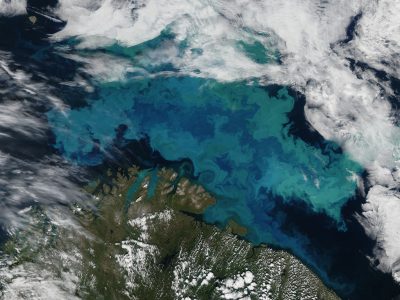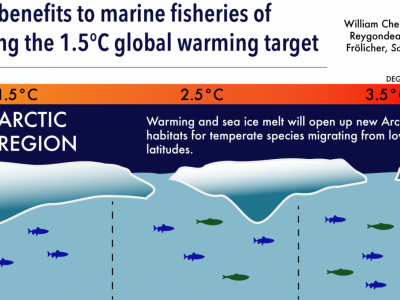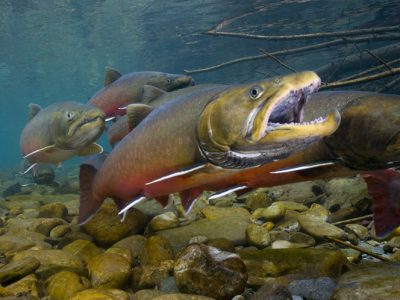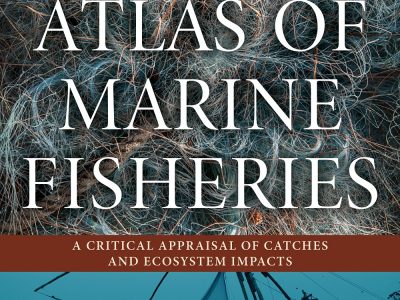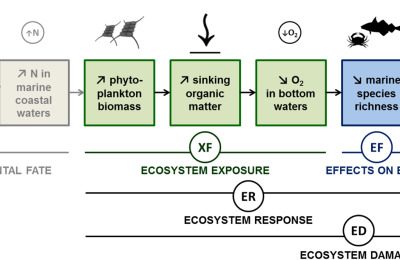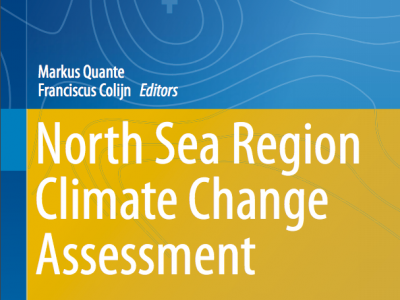Strengthening International Fisheries Law in an Era of Changing Oceans, NILOS and Utrecht
The Nereus Program will support the “Strengthening International Fisheries Law in an Era of Changing Oceans” workshop on February 7 and 8, 2017. The event will be held by the…




